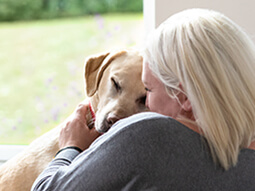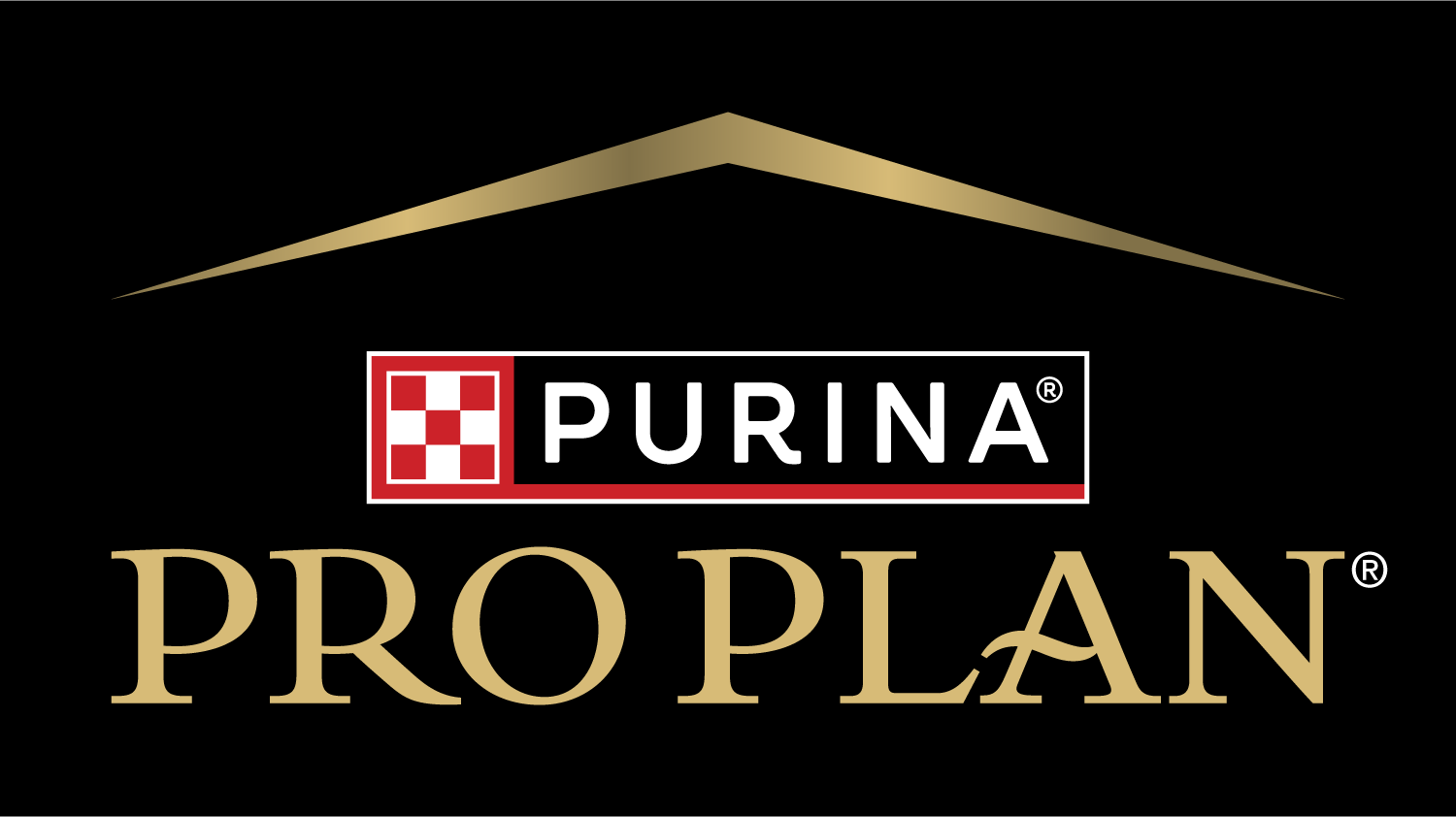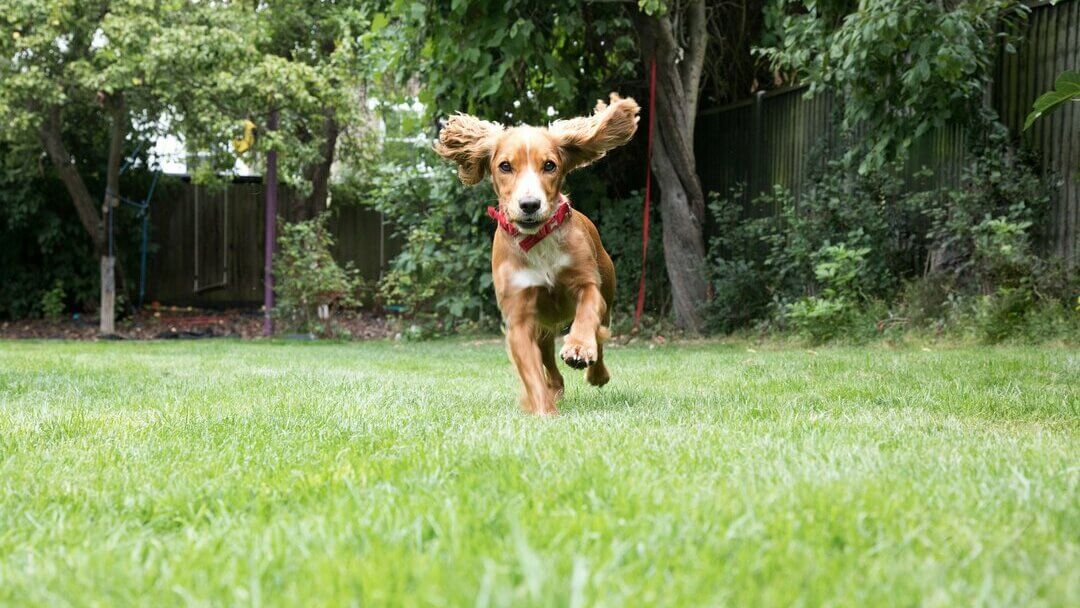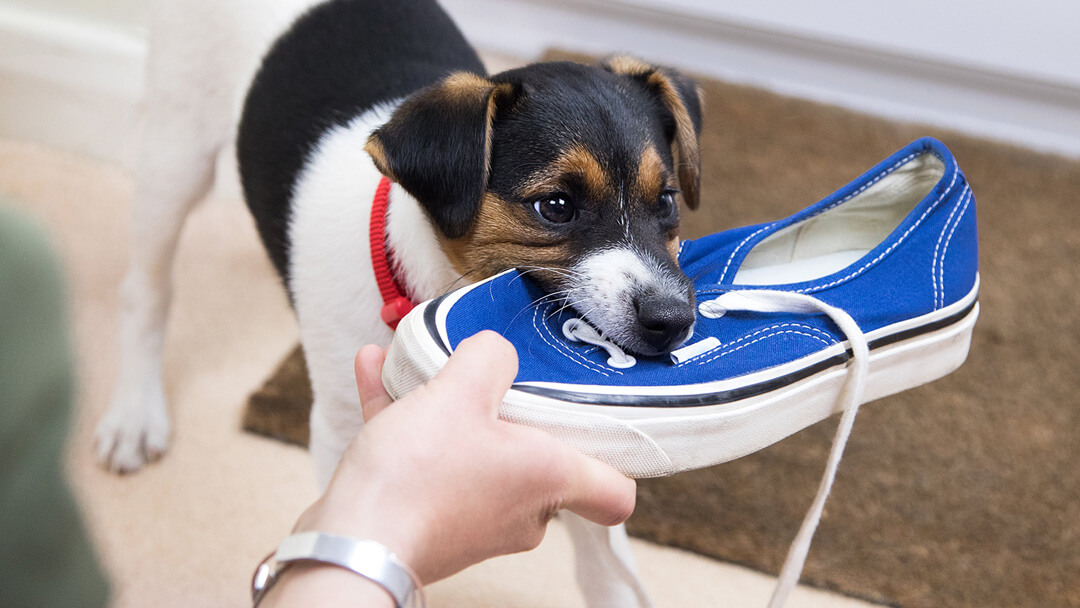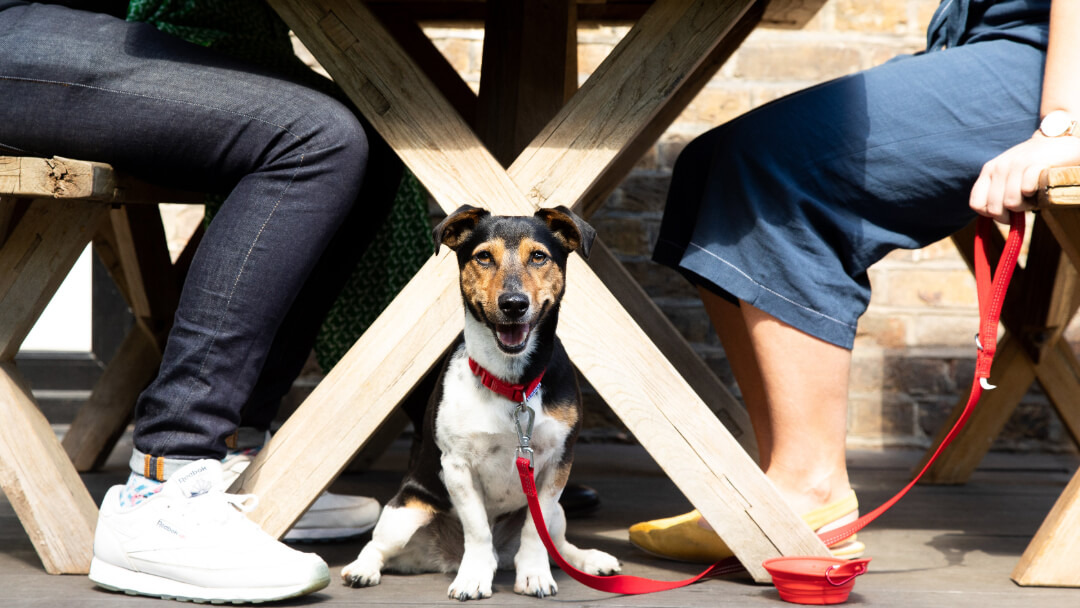

Young puppies are the best pupils! Beginning training when your dog is young will give them the key skills to be a friendly and sociable adult. They will be more obedient, better behaved and more sociable when they have received good training from you. Additionally, the time spent with your puppy whilst training will also help to foster a special bond between you. Remember, training takes time. It won’t come magically overnight, so be patient with your puppy!
TIPS AND TRICKS
Keep it interesting!
Dogs generally have a short attention span. Keep what you are trying to teach short and interesting for best results. Don’t overload your puppy with too much information, simplicity is key.
VOICE TONE AND SIGNALS
Be consistent with your tone of voice, and any rules you have, so that your puppy knows what to expect. Keep your voice signals simple, using commands like “sit”. Try to maintain a positive vocal tone and use positive reinforcement such as “good dog” when your puppy does something well. Negative phrases or punishment training may lead to stress or anxiety for your dog – weakening your friendship.
STRUCTURE AND ROUTINE
Be patient and determined in training. By giving your puppy structure and a regular routine, they will be more likely to remember what you have taught them.
LOVE AND REWARDS
Love and rewards are essential for training! Let them know when they do well by showing them affection. Give your puppy their favourite dog treat as part of their daily allowance, when they have done something positive. This will reinforce good behaviour by your puppy.
BEHAVIOUR MANAGEMENT
Your puppy may have behaviours that need to be corrected, such as excessive chewing or biting. Though most puppies chew and bite as they grow up and explore their surroundings, it can be potentially dangerous for them. This behaviour needs to be managed. You can discourage your puppy from excessive chewing for health and safety, as well as their general happiness. Being firm with your puppy if you see behaviour that needs to be managed is essential. Remember to praise your puppy for any good behaviour, so they recognise that their behaviour is good.
FINDING MORE TRAINING ADVICE
For more detailed or advanced training, there are many professional trainers around, or you could invest in other methods such as a training DVD or a book on the subject.
If you have further questions on training techniques contact our Purina PetCare Advise Team here.
